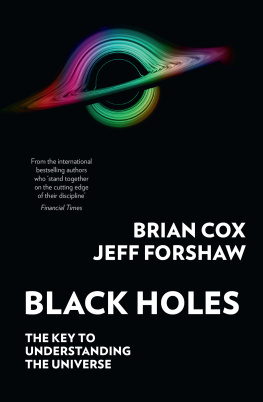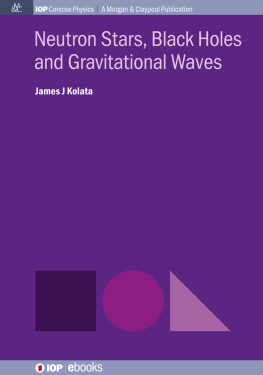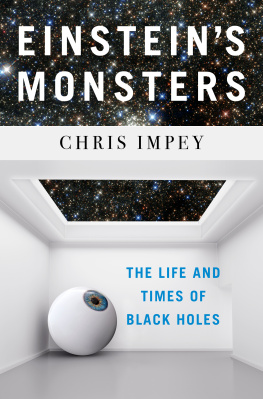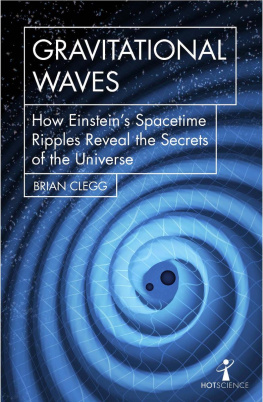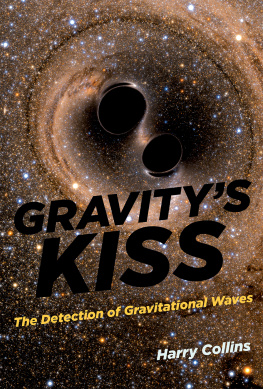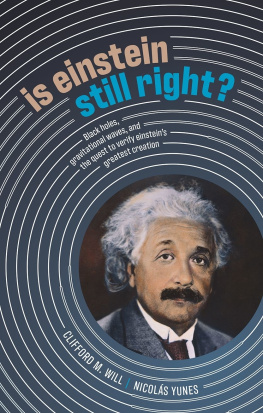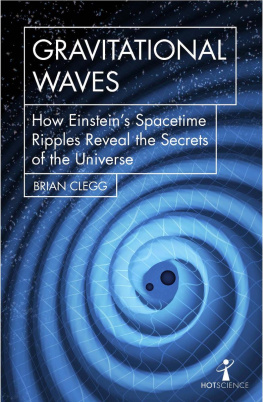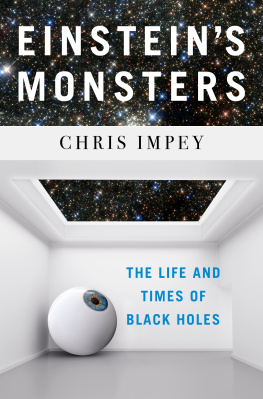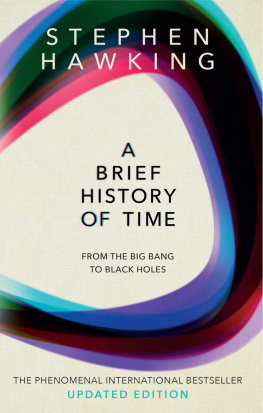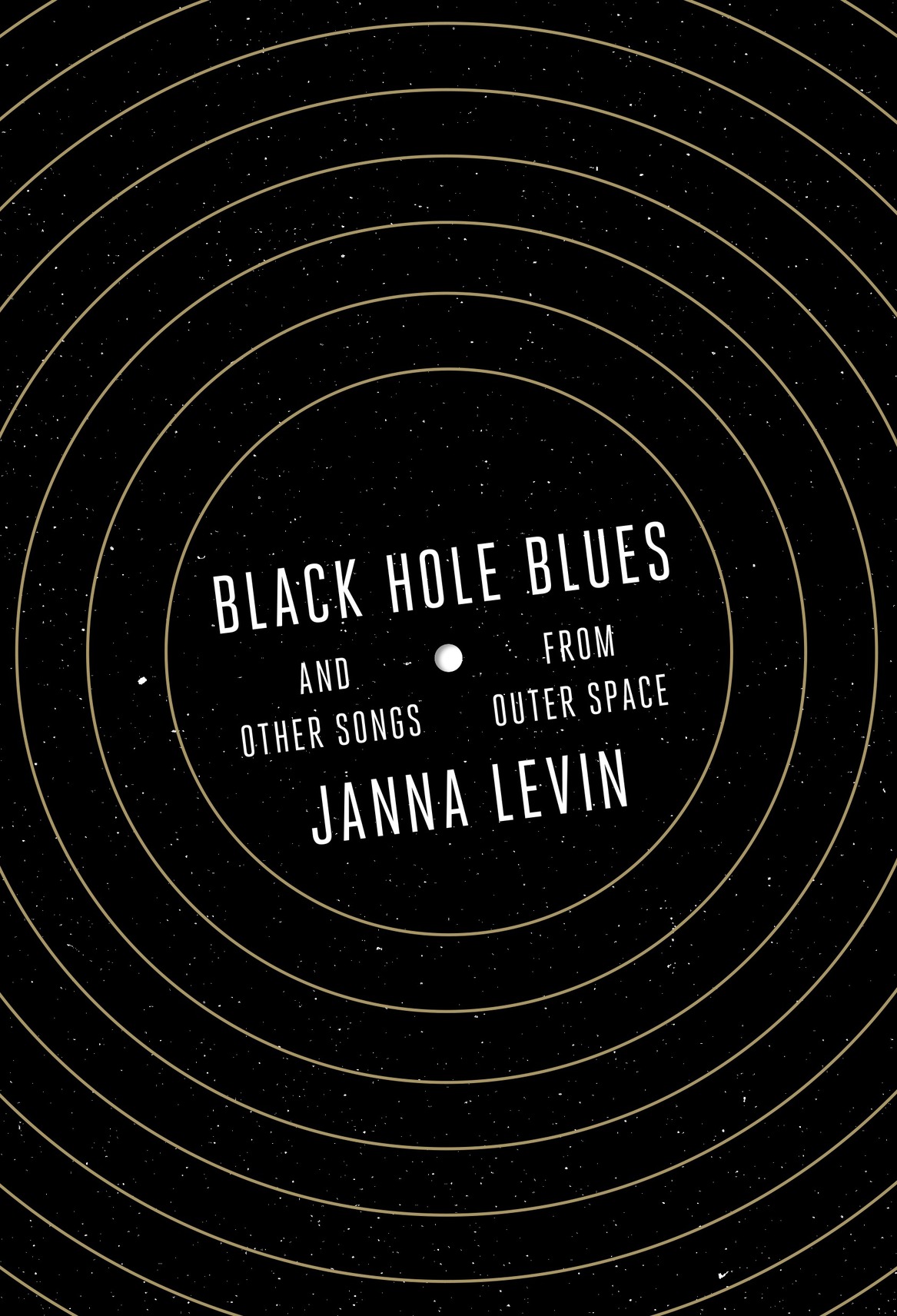Levin J. - Black Hole Blues and Other Songs from Outer Space
Here you can read online Levin J. - Black Hole Blues and Other Songs from Outer Space full text of the book (entire story) in english for free. Download pdf and epub, get meaning, cover and reviews about this ebook. genre: Science. Description of the work, (preface) as well as reviews are available. Best literature library LitArk.com created for fans of good reading and offers a wide selection of genres:
Romance novel
Science fiction
Adventure
Detective
Science
History
Home and family
Prose
Art
Politics
Computer
Non-fiction
Religion
Business
Children
Humor
Choose a favorite category and find really read worthwhile books. Enjoy immersion in the world of imagination, feel the emotions of the characters or learn something new for yourself, make an fascinating discovery.

Black Hole Blues and Other Songs from Outer Space: summary, description and annotation
We offer to read an annotation, description, summary or preface (depends on what the author of the book "Black Hole Blues and Other Songs from Outer Space" wrote himself). If you haven't found the necessary information about the book — write in the comments, we will try to find it.
From the author of How the Universe Got Its Spots and A Madman Dreams of Turing Machines, the epic story of the scientific campaign to record the soundtrack of our universe.
Black holes are dark. That is their essence. When black holes collide, they will do so unilluminated. Yet the black hole collision is an event more powerful than any since the origin of the universe. The profusion of energy will emanate as waves in the shape of spacetime: gravitational waves. No telescope will ever record the event; instead, the only evidence would be the sound of spacetime ringing. In 1916, Einstein predicted the existence of gravitational waves, his top priority after he proposed his theory of curved spacetime. One century later, we are recording the first sounds from space, the soundtrack to accompany astronomys silent movie.
In Black Hole Blues and Other Songs from Outer Space, Janna Levin recounts the fascinating story of the obsessions, the aspirations, and the trials of the scientists who embarked on an arduous, fifty-year endeavor to capture these elusive waves. An experimental ambition that began as an amusing thought experiment, a mad idea, became the object of fixation for the original architectsRai Weiss, Kip Thorne, and Ron Drever. Striving to make the ambition a reality, the original three gradually accumulated an international team of hundreds. As this book was written, two massive instruments of remarkably delicate sensitivity were brought to advanced capability. As the book draws to a close, five decades after the experimental ambition began, the team races to intercept a wisp of a sound with two colossal machines, hoping to succeed in time for the centenary of Einsteins most radical idea. Janna Levins absorbing account of the surprises, disappointments, achievements, and risks in this unfolding story offers a portrait of modern science that is unlike anything weve seen before.
Contents
When Black Holes Collide
High Fidelity
Natural Resources
Culture Shock
Joe Weber
Prototypes
The Troika
The Climb
Weber and Trimble
LHO
Skunkworks
Gambling
Rashomon
LLO
Little Cave on Figueroa
The Race Is On
Levin J.: author's other books
Who wrote Black Hole Blues and Other Songs from Outer Space? Find out the surname, the name of the author of the book and a list of all author's works by series.

